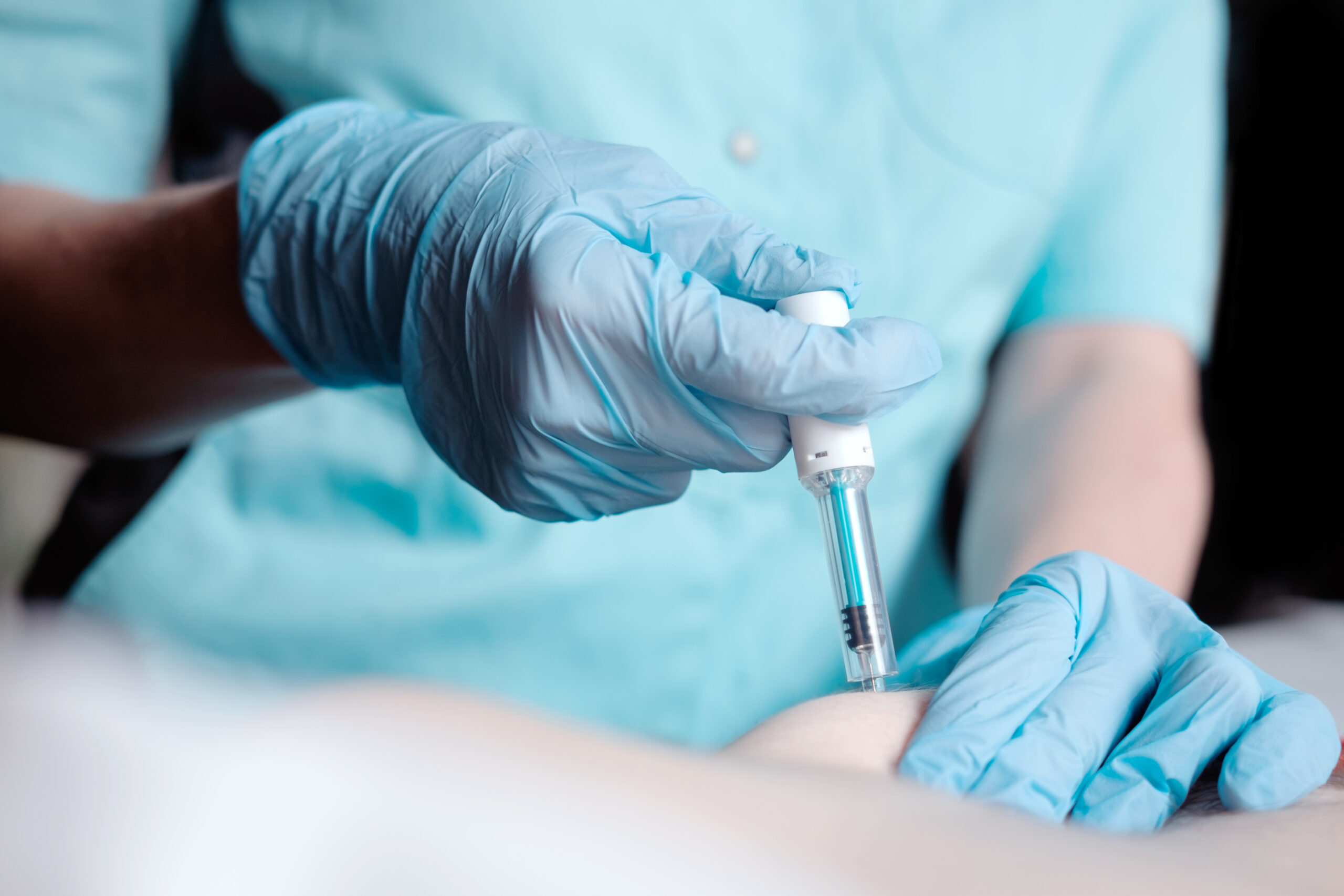Fertility treatments have given hope to millions of couples worldwide, and IVF injections play a crucial role in the process. These hormone-based medications help stimulate the ovaries, preparing them for egg retrieval and fertilization. While the process can seem overwhelming, understanding each step can make the journey easier.
If you’re considering IVF, it’s essential to be informed about how these injections work, their types, potential side effects, and tips for managing them effectively. In this guide, we’ll walk you through everything you need to know about IVF injections to ensure a smoother and more confident experience.
What Are IVF Injections?
IVF injections are hormone-based medications used in in vitro fertilization (IVF) treatments. They help regulate ovulation, stimulate egg production, and prepare the uterus for embryo implantation. These injections are administered either by the patient or a healthcare professional, depending on the specific type.

How Do IVF Injections Support Fertility Treatments?
- Stimulate ovaries to produce multiple eggs
- Control ovulation timing for optimal retrieval
- Prepare the uterine lining for implantation
- Increase the chances of successful fertilization
Since every patient’s fertility journey is different, the type and dosage of IVF injections are carefully tailored to individual needs by fertility specialists.
Types of IVF Injections
1. Stimulation Injections
These injections help stimulate the ovaries to produce multiple mature eggs. Some common medications include:
- Gonal-F (Follitropin alfa)
- Menopur (Menotropins)
- Follistim (Follitropin beta)
2. Trigger Shots
Once the eggs are mature, a trigger shot is given to induce final maturation and ovulation. Examples include:
- Ovidrel (hCG)
- Pregnyl (hCG)
3. Progesterone Support
After egg retrieval, progesterone injections help prepare the uterus for embryo implantation. These include:
- Progesterone in oil (PIO)
- Crinone (Progesterone gel)
Each type of injection serves a unique purpose, ensuring that the IVF cycle progresses smoothly.
Step-by-Step IVF Injection Process
1. Initial Consultation
- Your fertility specialist will evaluate your medical history and suggest a personalized treatment plan.
2. Medication Schedule
- The doctor prescribes specific IVF injections based on your cycle and hormone levels.
3. Administering Injections
- Injections are typically given in the abdomen or thigh.
- Some medications are subcutaneous (under the skin), while others are intramuscular.
4. Monitoring and Adjustments
- Regular ultrasounds and blood tests track progress.
- Dosages may be adjusted based on hormone response.
A structured routine helps improve the chances of a successful IVF cycle.

How to Prepare for IVF Injections
Medical Preparations
- Get all necessary blood tests and scans.
- Follow your doctor’s advice on medication timing.
Lifestyle Adjustments
- Eat a nutrient-rich diet to support hormone levels.
- Avoid alcohol, smoking, and excessive caffeine.
Emotional Readiness
- IVF can be stressful, so seeking emotional support from partners, friends, or counselors can be helpful.
Preparation makes a significant difference in the IVF journey, making the process more manageable.
Common Side Effects and How to Manage Them
Physical Symptoms:
- Mild bruising or swelling at the injection site
- Fatigue and bloating
- Mood swings and headaches
Managing Side Effects:
- Use ice packs before and after injections to reduce discomfort.
- Maintain hydration and a healthy diet.
- Engage in light exercise to boost circulation.
While side effects are common, they are usually temporary and manageable with proper care.
Choosing the Right IVF Clinic
Selecting the right fertility center is crucial for a successful IVF experience. When looking for an IVF clinic, consider:
- Success rates and experience of doctors
- Availability of advanced fertility treatments
- Supportive and knowledgeable staff
If you’re searching for the best IVF treatment in Kerala, Lifeline Hospital, Adoor is a trusted name. With cutting-edge technology and expert fertility specialists, they offer high success rates and personalized care for every patient.

Conclusion
IVF injections are a critical part of the fertility treatment journey, helping couples achieve their dream of parenthood. While the process may seem daunting at first, understanding the different types of injections, how they work, and ways to manage side effects can make the journey much smoother.
If you’re planning IVF treatment, consult with an experienced fertility specialist to ensure the best possible outcome. Stay positive, follow your doctor’s advice, and remember—you are not alone in this journey.
FAQs
1. Are IVF injections painful?
Most IVF injections are not very painful, but some may cause mild discomfort. Using ice packs before the injection can help reduce pain.
2. How long do I need to take IVF injections?
The duration depends on the IVF protocol, but injections typically last between 8-14 days.
3. Can I administer IVF injections at home?
Yes, most injections can be self-administered after proper training from your fertility clinic.
4. Do IVF injections have long-term side effects?
Most side effects are temporary. However, your doctor will monitor you for any rare complications.
5. How can I improve my IVF success rate?
Maintaining a healthy lifestyle, following medical advice, and reducing stress can enhance your chances of success.


